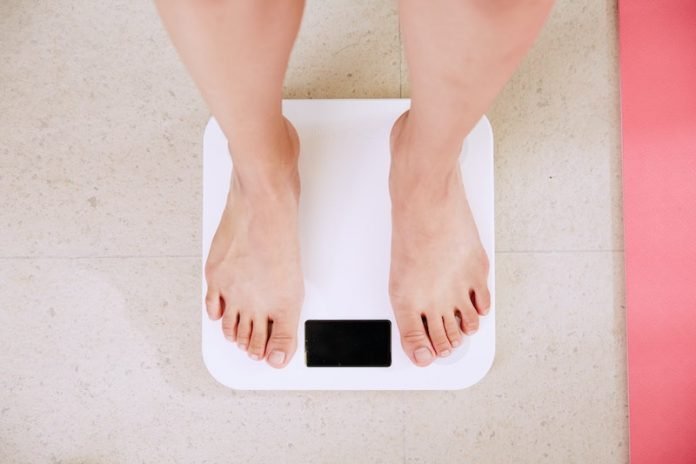
The Centers for Disease Control and Prevention reported that more than 70 % of U.S. adults are overweight or have obesity, which may increase the risk of severe illness from COVID-19.
In a recent study at Cleveland Clinic, researchers found that in patients who have obesity and who tested positive for COVID-19, bariatric surgery was strongly linked to a lower risk of hospital and intensive care unit admission.
The study is published in the journal of Surgery for Obesity and Related Diseases. One author is Ali Aminian, M.D.
Obesity is a complex disease caused by multiple factors that weaken the immune system.
Obesity creates a chronic inflammatory state that causes excessive production of cytokines, which are small proteins involved in the immune response.
Infection with the coronavirus also triggers the immune system to release cytokines, which may lead to excessive cytokine production that damages organs.
That may partly explain the severity of infection in patients with obesity.
In addition, obesity increases the risk for heart disease, high blood pressure, diabetes, kidney disease, and blood clot formation.
Those conditions can lead to poor outcomes after infection with COVID-19. Obesity may also affect the respiratory system.
In the study, the team examined 4,365 patients who tested positive for SARS-CoV-2 between March 8, 2020, and July 22, 2020.
They identified 33 patients who had a prior history of weight-loss surgery (20 patients had a sleeve gastrectomy and 13 patients had a Roux-en-Y gastric bypass).
The sustained weight loss and improvement of diabetes and high blood pressure in the bariatric surgical group prior to contracting COVID-19 was linked to a much lower rate of hospital and ICU admission.
18% of patients in the weight-loss surgery group and 42 % of patients in the control group required hospitalization after contracting COVID-19.
In addition, 13 % of patients in the control group required ICU admission, 7 % required mechanical ventilation, and 2.4 % died.
None of these occurred in the weight loss surgical group.
The findings provide further evidence of the important link between obesity and poor outcomes from coronavirus infection.
They also suggest that substantial weight loss via bariatric surgery may actually reduce the risk from a severe illness in these patients.
Copyright © 2021 Knowridge Science Report. All rights reserved.



